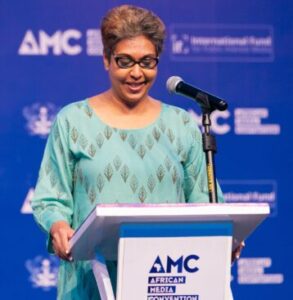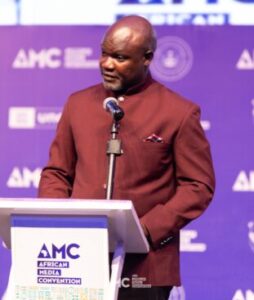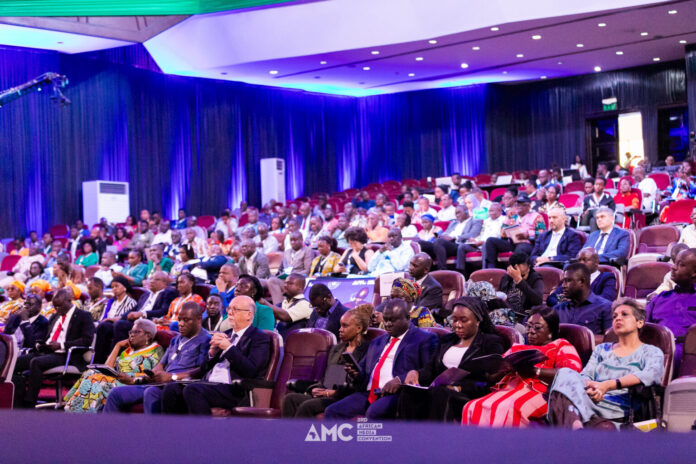African media is facing tough times. From restrictive laws and attacks on journalists to financial struggles due to the economic downturn, the media landscape is fraught with challenges. On top of this, climate change and the rise of artificial intelligence (AI) are introducing new complications.


Despite these obstacles, giving up is not an option. African media needs to step up its game by using digital technologies, innovative strategies, and collaborating effectively with key stakeholders. These topics were the focus of the 3rd African Media Convention (AMC) held in Accra, Ghana, from May 15–17, 2024. The event, supported by the African Union (AU), UNESCO, and the International Fund for Public Interest Media (IFPIM), was themed ‘African Media We Want: Enhancing Freedom, Innovation, and Environmental Sustainability in a Dynamic World.’
Dr. Rita Bissoonauth, Director of the UNESCO Liaison Office to the AU and UNECA, emphasized that the convention’s theme aligns with UNESCO’s goals of promoting freedom of expression and journalist safety. She highlighted that UNESCO considers freedom of expression a global public good essential for preserving democracy and the environment.
“This vision calls for strong and free journalism to address climate change complexities and drive meaningful action. Africa is a key focus for UNESCO, designated as a priority area,” Dr. Bissoonauth said.
She also pointed out the increasing attacks on environmental journalists, citing a study showing that 70 percent of them have faced threats, resulting in numerous casualties. In response, UNESCO is launching initiatives to enhance journalist safety and expand media education on environmental issues.
Churchill Otieno, President of the Africa Editors’ Forum and Chairperson of the AMC Steering Committee, acknowledged the challenging conditions for journalists, noting that from January 2023 to May 2024, at least 14 journalists were killed, and 67 were imprisoned across Africa due to their work.
Despite censorship, harassment, and misinformation, Otieno stressed the importance of embracing new technologies, innovative storytelling, and partnerships to sustain a free and vibrant media. “We must leverage creativity and innovation to amplify voices and ensure the truth prevails,” he advised.




